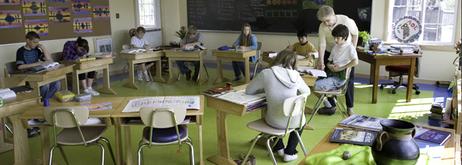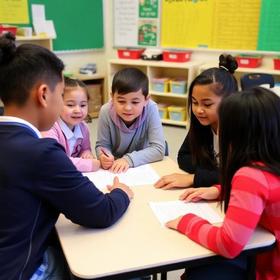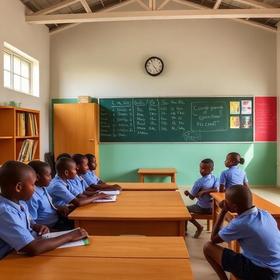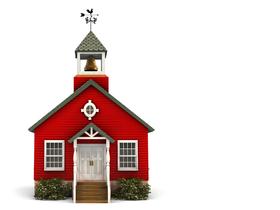What is an alternative school? For most of us the term alternative school means a school with a non-traditional program. Its students could be 'gifted' or 'troubled' or have special learning needs.
Schools For The Gifted
Many schools for the gifted offer enrichment in academic subjects. Others specialize in the arts. Most of the students in these schools excel at their school work and in their artistic endeavors. They thrive in a school setting where they don't have to waste time on non-essential courses. The extra time gained is spent on music lessons, rehearsals and studio time.
Schools for Troubled Teens
Schools for troubled teens are often styled 'therapeutic' schools. Their students have been unable to succeed academically in regular schools. Perhaps discipline is a problem. Or the child has an eating disorder or is suicidal. The program at a therapeutic school tends to be highly structured so that a child learns how to cope. Some therapeutic schools deal with substance abuse issues. Children who are addicted to drugs and alcohol can find the professional help and counseling they need to change their lives. Other schools specialize in emotional growth issues.
Admission to these schools is on an 'as needed' basis. You won't have to wait until a certain date to admit your child. Some schools have minimum stays in order to ensure the effectiveness of their programs.
Schools for At Risk Teens
Several cities offer 'street schools' modeled after the highly successful Denver Street School. The Cristo del Rey model sponsored by the Jesuits offers another option for 'at risk' teens.
Schools for Special Needs
Special needs schools cover a wide range of learning issues. Everything from dyslexia to ADHD is dealt with by highly trained professionals. Schools such as The Forman School in Litchfield, Connecticut, are famous for their great results.
Be warned: alternative schools are not inexpensive. The one on one teaching which most of these schools use escalates the cost of educating a child. Is it worth it? Ask the satisfied graduates and their parents.
Schools Offering Alternative Academic Approaches
While it is extremely difficult to define exactly what one means by non-traditional schools, Montessori, Waldorf, Carden and schools following a progressive approach are generally thought of as non-traditional schools. A discussion of this genre of private school can be found here.












